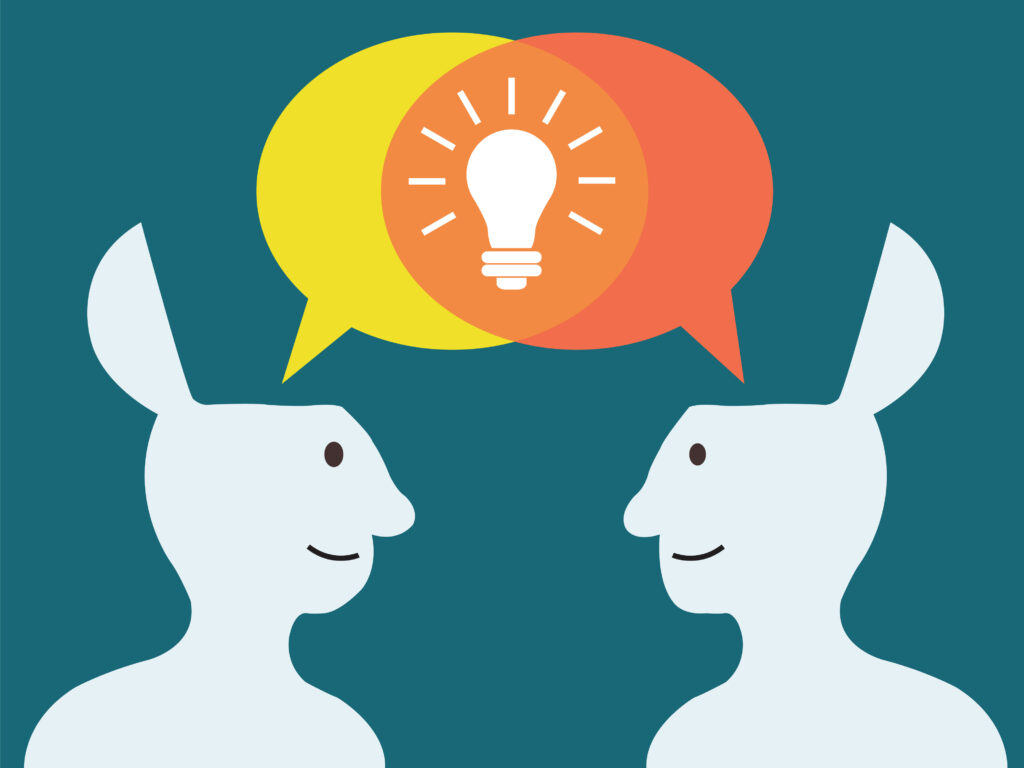The poor often behave differently from the non-poor. For example, they are more likely to use expensive payday loans and check-cashing services, to play lotteries, and to borrow at high interest rates. These observations have led social scientists to ask whether the poor make decisions that reinforce their conditions of poverty. Some have argued that these choices are rational responses to their economic environment. Others posit that the poor may be more impatient and have lower self-control. A third position is that because the poor must manage sporadic income, juggle expenses, and make difficult trade offs, they are left with fewer cognitive resources, which would lead them to make some bad choices.
In practice it is hard to convincingly show that the circumstances of poverty lead individuals to make bad decisions. One problem is that the relationship may run in the opposite direction. Bad decisions – for example not saving for rainy days – may lead to poverty. Alternatively, there may be factors that give a false impression that a relationship between poverty and decision-making exists—e.g., individuals with higher cognitive abilities may be less likely to be poor and may be better decision-makers, but that does not mean that poverty causes bad decision-making.
In “Poverty and Economic Decision-Making: Evidence from Changes in Financial Resources at Payday”, recently published in the American Economic Review, Stephan Meier, Stephanie W. Wang and I investigate the hypothesis that the circumstances of poverty lead individuals to make bad decisions by studying the cognitive functioning and the economic decisions of two groups of people: low-income people who just received a paycheck and low-income people who are just about to get paid. Several studies indicate that low-income people who have just had a payday are better off than low-income people who are just about to have a payday. For instance, expenditures and caloric intake of Food Stamp recipients increase dramatically after Food Stamps receipt. A similar phenomenon has been documented for retirees after they receive their Social Security benefits. These findings suggest that if there is a psychology of poverty then we should observe differences in the cognitive functioning of low-income people who are just about to have a payday and low-income people who just got paid.
In our experiment, we collected information about when low-income participants of two Internet panels, the RAND American Life Panel (ALP) and the GfK KnowledgePanel (KP), would receive a paycheck in the coming month. We then randomly split the samples into two groups. One was surveyed right before they received their payments and the other was surveyed right after they received their payments. The survey collected measures of cognitive function, such as through a working memory task, as well as of decision-making, through risk and intertemporal choice tasks.
The results show that those surveyed right before payday were struggling to make ends meet, having 15-20% less cash in their pockets and about a third less in the bank than the group that had just received a paycheck. However, we found that the two groups performed similarly in a series of cognitive function tasks and that there were no differences in the quality of their risk and intertemporal choices (as measured by the consistency of these choices with rationality). The only difference that we find is that, in one of the decision-making tasks in the survey, the before-payday group was more likely to choose less money sooner over more money later when they could receive the money right away. But this result may be alternatively explained by the liquidity constraints.
In sum, we find no support for the hypothesis that poverty impedes cognitive function and leads to bad decision-making. Still, further work is warranted. We need studies that investigate the effects of permanent variations in financial circumstances and in contexts in which there is greater uncertainty about income.
